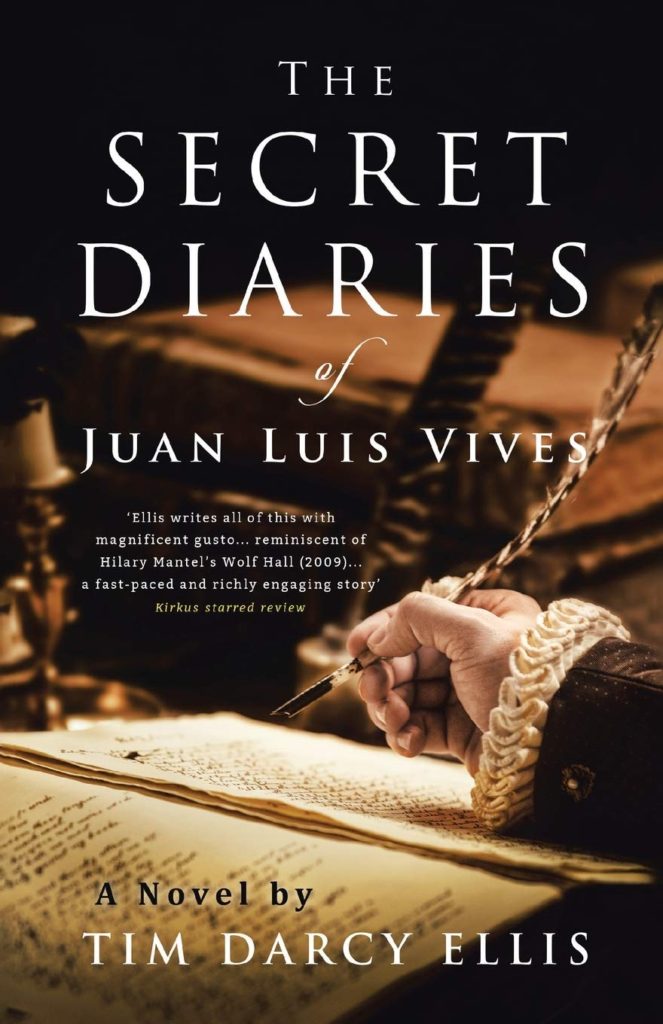
Juan Luis Vives, a “New Christian” fleeing from the shadow of the Spanish Inquisition, and the anti-Semitism that flowed so freely in the 1500s, is trying to survive and stay outside of suspicion in Bruges. A chance encounter with Sir Thomas More upends his life, leading him into the role as tutor to the princess of England. It quickly becomes clear that no one can escape the intrigues of the English court, making it very difficult to hide secrets that could cost Vives his position, freedom, and life.
He is a newly arrived and rapidly rising face in the halls of English power, but his heritage is undeniable, and the protagonist lies torn between two very different worlds, faced with difficult decisions at every turn. His vulnerability is on full display in many of the entries, and while these events happened nearly 500 years ago, the struggle feels timeless – true love and integrity versus safety and bowing to the powers that be. Navigating ingrained hatred with a frequently bit tongue, Vives is a captivating nexus around whom this story swirls.
With only a handful of fictional characters to fill in the narrative gaps, this book is a vivid portrait of England and Spain during one of their many tumultuous times. Historical novels often fail to be successful unless they are completely immersive; the devil is truly in the details, but Ellis has clearly done his research. Told with patient precision from the perspective of erudite classrooms and royal courts, local pubs and Christmas tables, this carefully crafted story unfolds in many unexpected directions, creating a narrative mosaic of culture, connection, philosophy, and unvarnished emotion.
The writing itself, in the form of diary entries, makes the narrative intimate and engaging, allowing readers to see every facet of Vives’ mind – his asides and uncertainties, offering an intimate level of access. However, the excess of dialogue within the diary entries jars with the form itself, as a diary is often the personal reflection of the writer, and would consist of more narration than transcription. Once this oddity is accepted, it becomes a natural quirk of the prose, and the quality of the writing is impeccable, seemingly being torn from another time.
The level of the prose is where this novel truly shines. Ellis masterfully mimics the heavily stylized writing of a 16th-century intellectual, with verbose descriptions that paint wonderful scenes, without being too flowery or esoteric. When the writing delves into the details of a particular room, or the intricacies of someone’s clothing or face, it is easy to feel transported, caught up in the pomp and circumstance of the enigmatic past.
A love letter to another time, The Secret Diaries of Juan Luis Vives is both eloquent and accessible for all readers – an impressive balance that makes reading Ellis’ novel a richly rewarding escape.
Available At

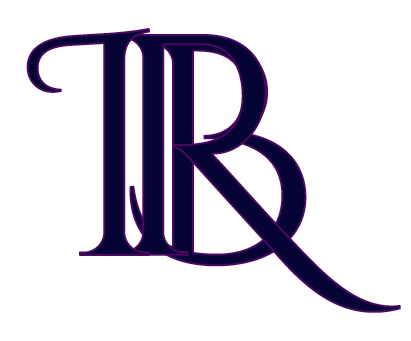









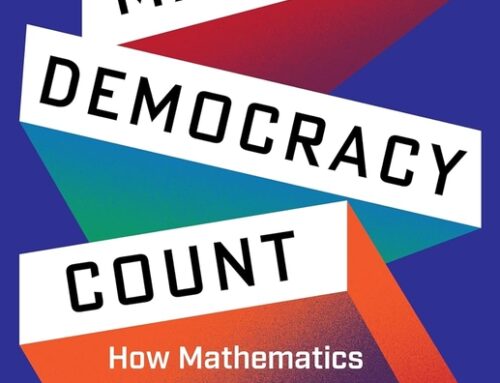
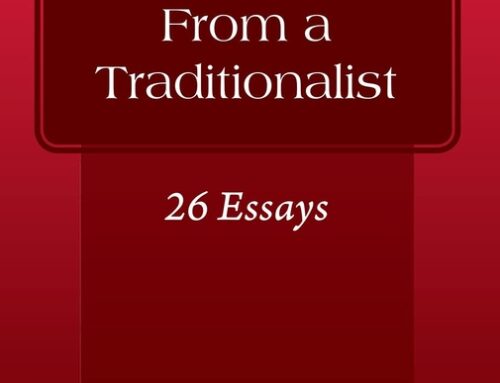


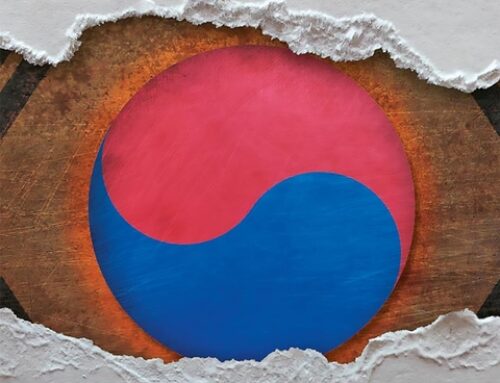


Leave A Comment